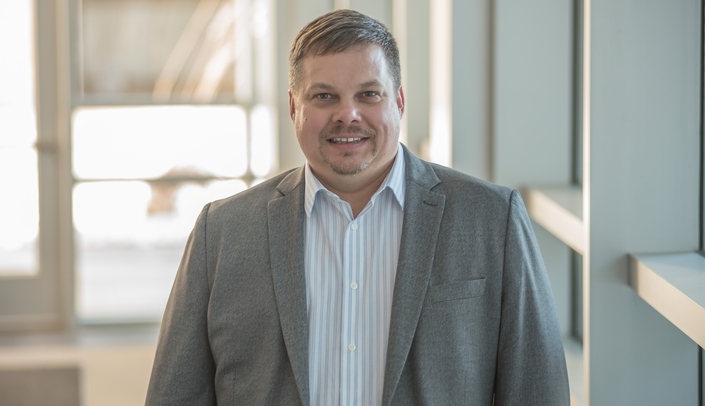Aaron Yoder, Ph.D., an associate professor in the department of Environmental, Agricultural and Occupational Health in the College of Public Health at the University of Nebraska Medical Center, discusses things people should consider regarding their water supply and personal safety issues.
Here is a Dropbox link to video featuring Dr. Aaron Yoder:
https://www.dropbox.com/sh/cf2whq3nhmey55j/AABkLYk9vHq6tOYtgTJLUuGca?dl=0
Below are transcripts:
Aaron Yoder1: Should I be concerned about my well water and tap water?
“Staying in contact with your local authorities, whether it’s the water authority or your police or your first responders, normally issue warnings if it’s a boil water advisory in that sort, because any surface water that has made it into wells, those biologicals that come from fecal material or raw sewage being in the surface waters go down into the wells and contaminate it. So, boil water advisories, I know in our area we have some limited water usage advisories because our wastewater treatment plants are flooded. So if we continue to put sewage into those it’s going to go into the surface water as well. So, protecting ourselves from those, looking at your authorities that are around you and what type of warnings do they have. If you’re on personal wells, look at what the regions around you are doing and what their advising doing. Look at the local public health departments, they’ll help us and provide those materials. But the larger cities I know Lincoln has some advisories out now and it tells you how to deal with those type of waters. So, just because you have water doesn’t mean it might be safe to drink and use for other purposes. Even if it is contaminated bad enough taking baths and showers in it can also expose us to some of those biologicals.”
Aaron Yoder2: What should I do if I suspect my water is contaminated?
“If you think your well water is contaminated or just you want to be sure it is not, you can go to your local public health departments and reach out to those. The extension service will be another way that you can contact them and they can help you with that. Or your local cities or regional water suppliers. Contacting them, they can always advise you. Going local first is normally the best advice I would have the state agencies might be overwhelmed with requests like that. But anyone you can reach out to to get additional information would be great for that. It’s important not to take chances when it comes to water quality and use of the water.”
Aaron Yoder 3: What should I consider as I move forward in the days and weeks to come in dealing with flood recovery?
“I think it’s important to think about as we are dealing with flood recovery that all of us be patient. I know there’s a lot of stress and anxiety that goes along with it. But thinking about again from the safety and health standpoint we don’t want to injure ourselves more, we want to be compassionate of those around us so we are not forcing them to do things quicker than we need to. We don’t want people to become injured. We want to make sure that we are doing things safely as you go back into those areas. Even things on rural roadways. We know there’s lot of roadways that are closed. I’ve experienced that myself. And we see a lot more aggressive driving than we have in the past months or so. So, making sure we take our time that we do things thoroughly that we protect our health and safety as we’re involved in these cleanup efforts, either for personal property or as we’re volunteering for others.”
We are Nebraska Medicine and UNMC. Our mission is to lead the world in transforming lives to create a healthy future for all individuals and communities through premier educational programs, innovative research and extraordinary patient care.
Twitter | Facebook | Instagram | YouTube | Flickr
